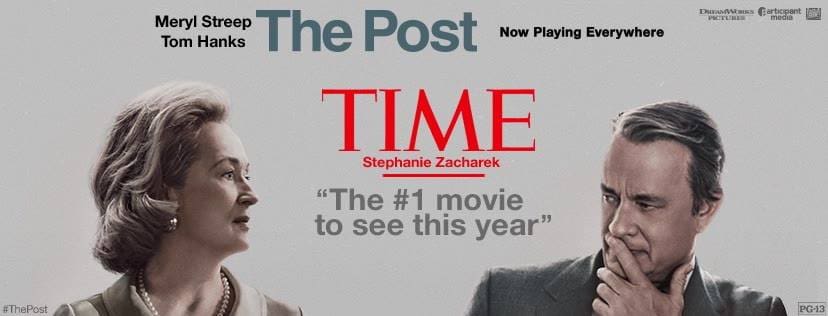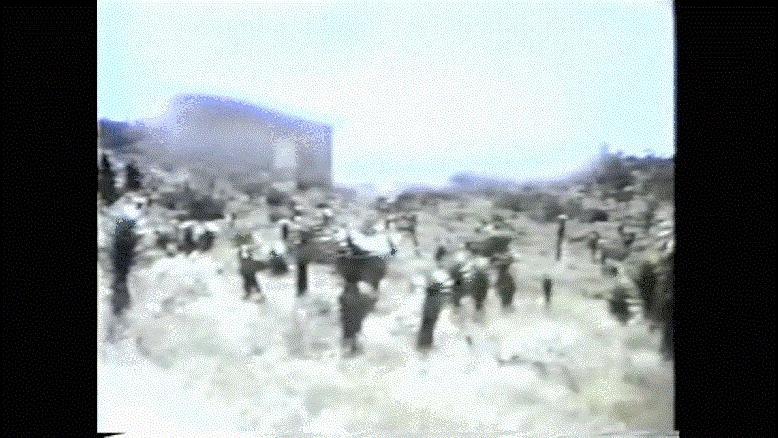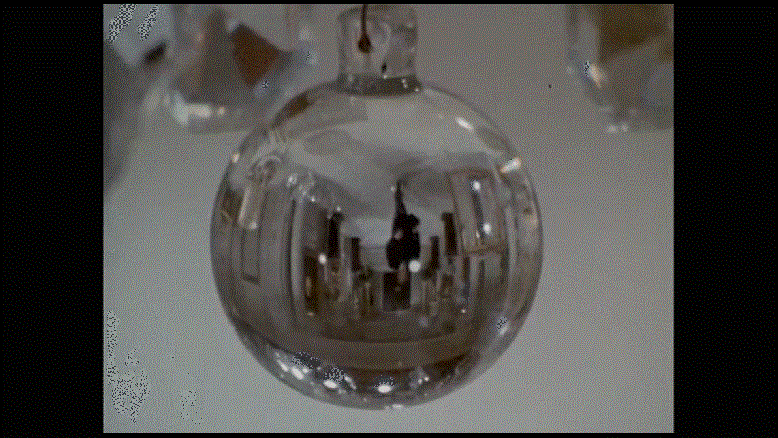For all the tentpoles in Steven Spielberg’s filmography, The Post is the greatest embodiment of his illustrious career. Not only is it crafted in the same vein as his work in the 1970s but is a direct reaction to today’s political climate compared to his early films’ allusions.
Spielberg has never been seen as an overtly political director but his early work often alludes to political undertones. His feature debut Duel appears as a raging embodiment and reflection of Vietnam War angst. Jaws has been modernly interpreted as a veiled reaction to Watergate and the Nixon administration. Meanwhile, The Post is Spielberg explicitly taking action against political corruption both of today and what his early films were reactions toward.
Had he been given the chance to tell this story instead of Duel with the same resources, the film would be largely the same in its form. Not only is The Post a film of its story’s time but it’s a film of Spielberg’s early work. It has less in common with All the President’s Men than it does with Duel and even his short film, Amblin’ or television work in terms of production.
Of course, every great director has a shot list they fall back on and leave fingerprints. Spielberg has used reflection and tracking shots from the very beginning. The Post allows him to organically embrace those qualities to the fullest. It’s a total subversion of his genre and his own work.
Within the first 30 seconds in the Hau Nghia Province of the Vietnam War, it’s clear this is a Spielberg film. Not only is there Saving Private Ryan’s muted aesthetic and use of shaky cam but also his affinity for reflective and long tracking shots. These reappear in more complex forms throughout the film as a deft reflection of the immediacy required of the characters to take uncover a government coverup. It’s the tracking shots in particular that have set Spielberg from the pack throughout his career. He’s always wanted to move the camera.
Look at Duel. It was nearly impossible to shoot at the time but with innovative rigs, he was able to move the camera around cars on the highway at will. He solved a similar issue with Sugarland Express. His camera was to never stay static and when it was restrained, zooms or pans were common selections to give the frame life. Now with a much more mobile setup, he’s been able to move at will and better follow his initial instincts as a director.
Though this may seem like Spielberg hasn’t grown as a director, it’s more that he’s become a polished filmmaker able to undergo the most difficult of setups. He’s the master of tracking not only characters but interest in a scene.
There’s a shot in The Post that works its way from a group of writers debating, to Ben Bradlee’s daughter counting her lemonade money, to the kitchen getting food ready, to a lawyer assessing the situation, to Washington Post writers frantically writing, back to the debate now in another area, and finally back into the kitchen. It’s a masterful scene of blocking with Spielberg is at the height of his powers. with a scene he was experimenting with early in his career like this shot from his TV debut directing the pilot for Night Gallery.
https://www.youtube.com/watch?v=WThGXlVEd58&
For a film that relies heavily on dialogue, these techniques bring a new liveliness to the table. A simple conversation between Tom Hanks and Meryl Streep turns into an action sequence. Streep walking past a photo of the old Washington Post becomes a metaphor of a new era without a single cut. He continues to shoot car scenes with sweeping movements outside and applies that same visual language with phone discussions. It’s not just for flair but to heighten the stakes without Sorkinian exposition as so viscerally accomplished when Kay Graham makes the decision to print the Pentagon Papers.
He continues to find new ways to incorporate his earliest techniques like these two shots from Amblin’ and Night Gallery as well.
Beyond finding reason to repurpose his oldest tricks, The Post continues Spielberg’s own mark as a journalist. Once he became a household name in the 80s, his attention turned a more historical, worldly view. He has a litany of deep dives in his filmography like Schindler’s List and Lincoln. Even his forays with Indiana Jones hold some historical lessons. Though, Munich is his greatest instance looking at film as a reporter before The Post.
The two make for a great double-feature. Munich was Spielberg’s response to 9/11 while The Post is his deliberate response to recent threats against the press. It’s surprising it has taken this long for him to directly deal with journalism as his films have long shown an interest to unveil the truth. Even his sci-fi ventures like Close Encounters (one of the three films he’s written and directed) are about uncovering the truth and fighting against coverup.
Of course, the two hours spent with the Pentagon Papers is only the beginning as the film is bookended by the beginning of Watergate. Not only does it bring the narrative full circle but also leads into Spielberg’s early career.
-Sean Cordy





Comments are closed.